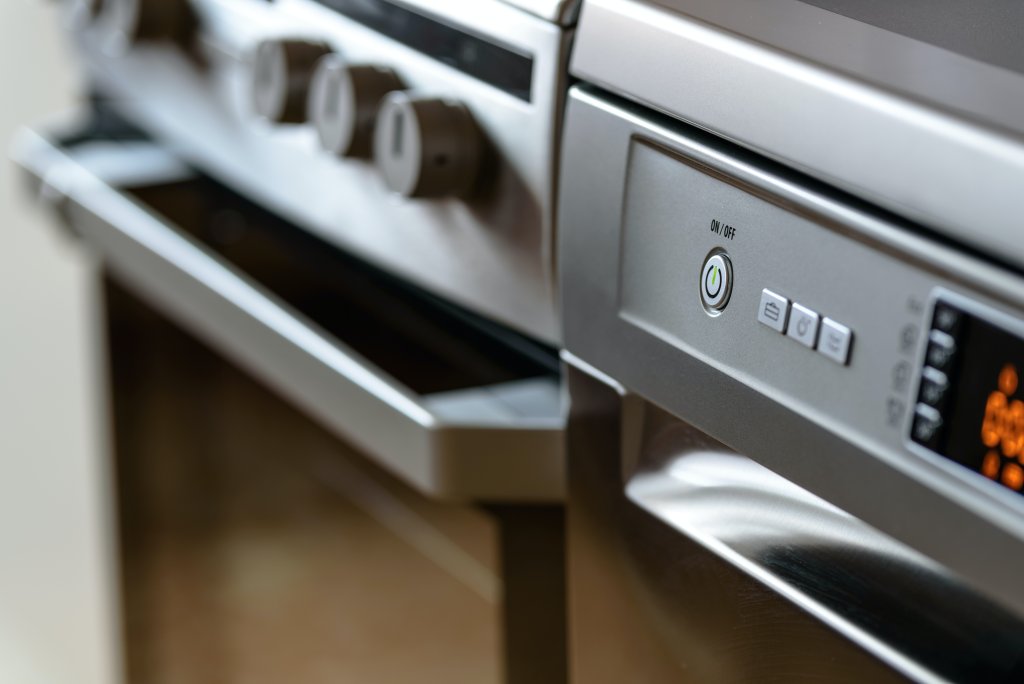
Dishwashers and washing machines rely on water to perform their functions. The water is transported within these appliances through flexible hoses made of rubber or synthetic materials. It's important to note that these hoses are not as robust as the soldered copper or rigid plastic pipes used in plumbing systems, which means they can occasionally develop leaks. If you notice a noticeable drip or pooling water on the floor from one of these hoses, it requires immediate attention.
Check appliance connector
First, check if the connector has become loose and caused the dripping. In such a case, turn off the water supply at the stop tap and attempt to tighten the screw fastening. While someone keeps an eye on the connector to alert you if water starts gushing out, gradually turn the water back on.
If the hose or connector appears worn or damaged, it's advisable to replace them. You can usually find suitable replacements at your local kitchen specialist or hardware store.
Shared appliances
For those residing in flats with washing machines on wooden floors above other living spaces, it's essential to verify if your insurance covers potential damages caused by a burst hose. Most houses have concrete ground floors, which offer more stability for dishwashers and washing machines. The use of concrete subfloors helps reduce vibrations and minimizes the wear and tear on pipes. Additionally, solid floors are better equipped to limit damage in the event of a hose burst.
Modern appliances
Some modern dishwashers and home laundry appliances come equipped with water stop devices that ensure leak-free performance. These features can include double skin hoses, stop valves, and, as a last resort, a drip tray that detects moisture and automatically cuts off the water supply. Investing a little extra for such protection is worthwhile, especially if you reside in an upstairs apartment where potential flooding could affect lower levels.